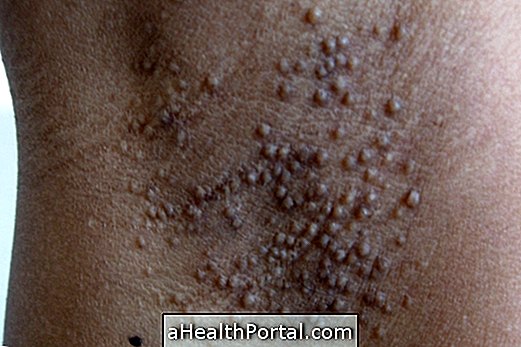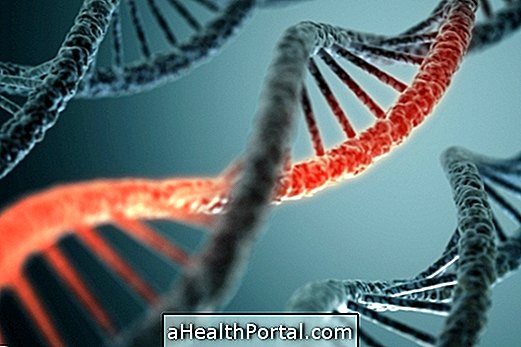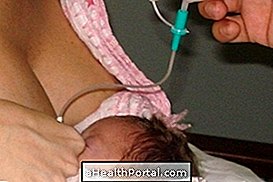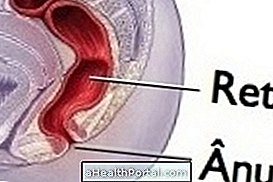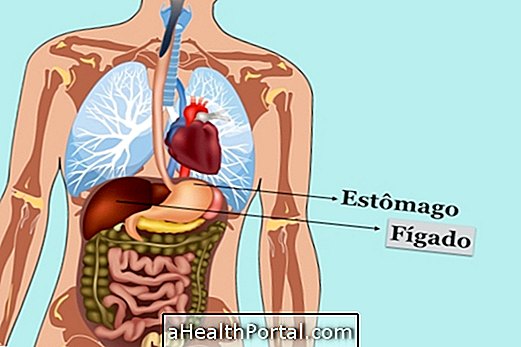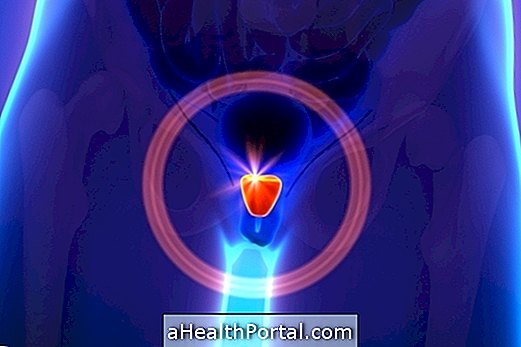Schinzel-Giedion syndrome is a rare congenital disease that causes the onset of skeletal malformations, changes in the face, obstruction of the urinary tract and severe developmental delays in the baby.
Generally, Schinzel-Giedion Syndrome is not hereditary and, therefore, may occur in families with no history of the disease.
Schinzel-Giedion Syndrome has no cure, but surgeries can be done to correct some malformations and improve the quality of life of the baby, however, the life expectancy is low.
Symptoms of Schinzel-Giedion Syndrome
Symptoms of Schinzel-Giedion Syndrome include:
- Narrow face with big forehead;
- Mouth and tongue larger than normal;
- Excessive body hair;
- Neurological problems, such as visual impairment, seizures or deafness;
- Severe changes in the heart, kidneys or genitals.
Usually these symptoms are identified soon after birth and therefore the baby may need to be hospitalized to treat the symptoms before discharge from the maternity ward.
In addition to the characteristic symptoms of the disease, infants with Schinzel-Giedion Syndrome also have progressive neurological degeneration, increased risk of tumors, and recurrent respiratory infections such as pneumonia.
How to Treat Schinzel-Giedion Syndrome
There is no specific treatment to cure Schinzel-Giedion Syndrome, however, some treatments, especially surgeries, can be used to correct malformations caused by the disease, improving the quality of life of the baby.

